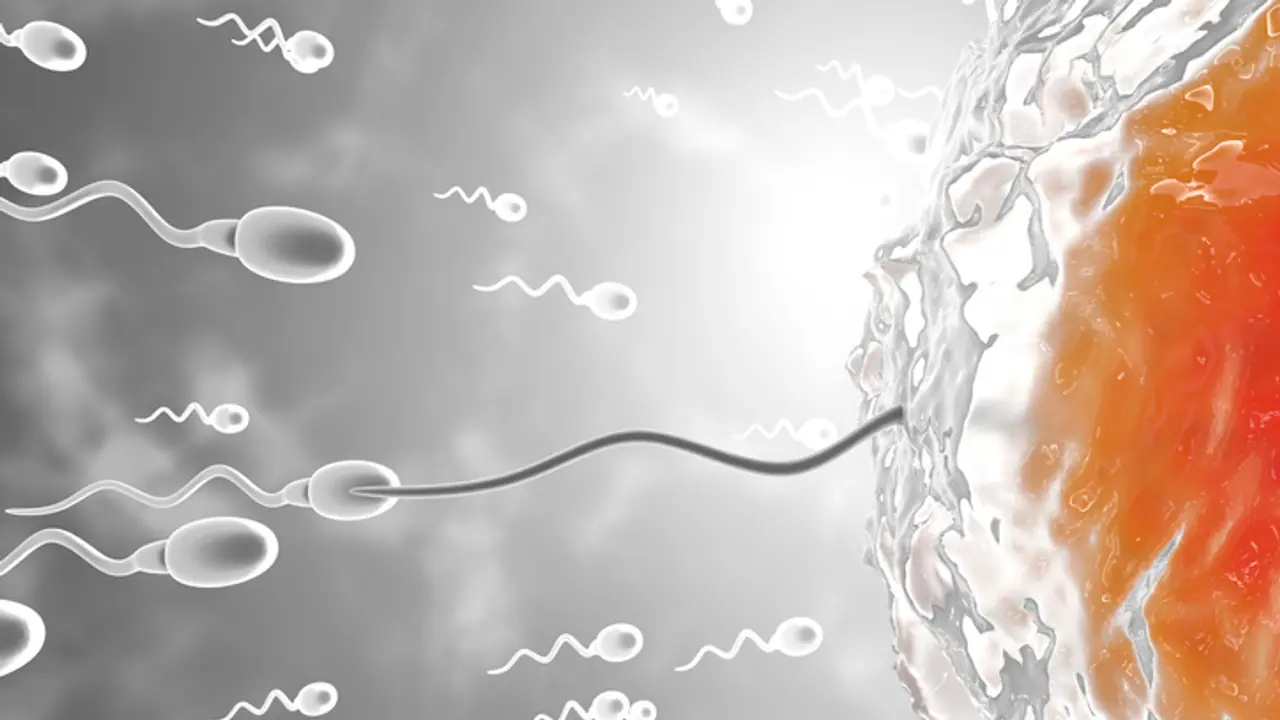A groundbreaking study has uncovered troubling effects of alcoholic beer on reproductive health, shedding light on how excessive consumption disrupts sperm production and damages testicular tissue.

A groundbreaking study has uncovered troubling effects of alcoholic beer on reproductive health, shedding light on how excessive consumption disrupts sperm production and damages testicular tissue. Published in the journal Alcohol, the research highlights that heavy alcoholic beer consumption triggers oxidative stress, disrupts critical cellular processes, and alters protein expression—factors crucial for healthy sperm production.
The research team identified that increased levels of oxidative stress and cellular imbalances contribute to significant declines in sperm quality. They observed reduced levels of cyclin D1—a protein pivotal for cell division—alongside heightened expression of p21, a protein known to inhibit cell growth. These molecular disruptions directly impaired spermatogenesis, the intricate process of sperm cell development.
Oxidative stress, a condition caused by an excess of harmful free radicals, emerged as a primary driver of testicular damage. The study reported a marked rise in malondialdehyde, a key indicator of oxidative damage, in mice exposed to alcoholic beer, particularly after prolonged consumption. Simultaneously, levels of protective enzymes like superoxide dismutase and catalase, which neutralize these radicals, plummeted.
The histological damage was equally severe. Mice subjected to alcoholic beer showed reduced germinal cell layers, significant atrophy of the seminiferous tubules, and cellular swelling, all of which severely compromised the testicular structure and sperm production.
Prolonged Exposure Worsens Damage
The longer the exposure to alcoholic beer, the more severe the damage. Mice that consumed beer for 35 days exhibited far greater protein imbalances, oxidative stress, and structural deterioration than those exposed for 7 or 15 days.
Lead researchers Touraj Zamir-Nasta, Ardeshir Abbasi, Komail Amini, Elaheh Mohammadi, and Cyrus Jalili conducted the study on 24 male mice, dividing them into four groups based on the duration of beer exposure. They found a dose-dependent effect, with chronic alcohol intake magnifying reproductive damage over time.
While the findings provide crucial insights into how alcohol impacts reproductive health at the cellular level, researchers caution against directly extrapolating these results to humans. The alcohol doses administered—equivalent to 3 grams per kilogram of body weight—significantly exceed typical human consumption levels.
“A standard drink contains approximately 0.2 grams of alcohol per kilogram of body weight for an average person,” the study notes, emphasizing that the doses used represent extreme consumption rather than moderate drinking.
